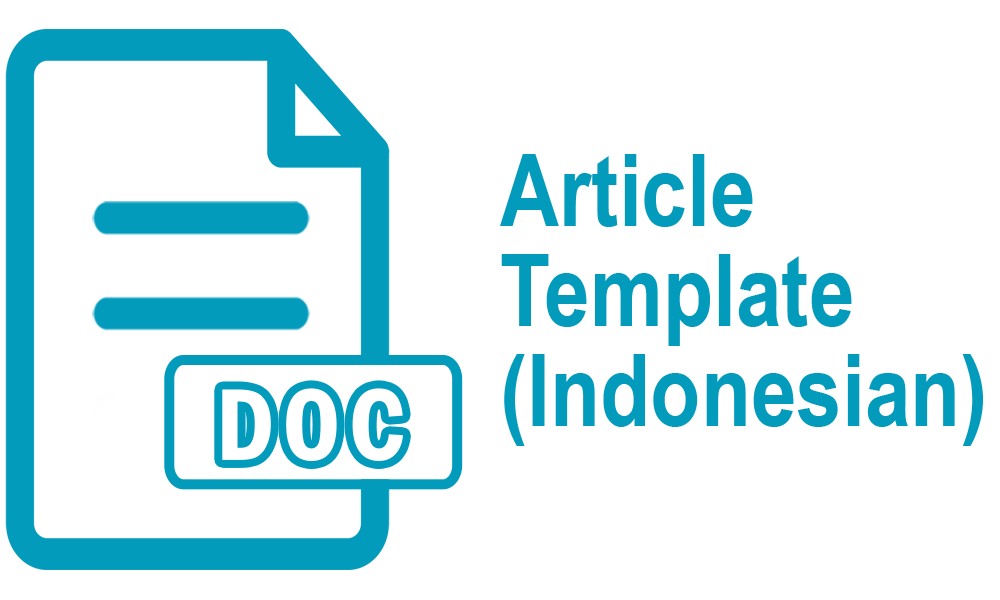The Mumbai Terrorist Attacks in Hotel Mumbai Film: A New Historicism Study
Abstract
This study attempts to analyze the portrayal of the Mumbai attacks and the contradiction points in the Hotel Mumbai film. This film is made based on the true events of the Mumbai terrorist attacks in 2008. Related to these huge events, there are a lot of historical books that have covered the Mumbai terrorist attacks. The study aims to find the contradictive representation of the film based on the official history. This research was conducted by using a descriptive method and qualitative approach. In this research, the researcher took data from conversations of characters and the framing of mise-en-scene in the film. This study is conducted by applying a new historicism approach and intrinsic elements of literature, the researcher compares the official history and the film. Through the new historicism approach, the researcher discovers that the Hotel Mumbai film places a lot of differences. First, there is a difference regarding the characters positioning, Arjun’s character in the film is the amalgam of the real story of Karambir Kang and Amit Pashave. Second, there is a difference in the narrative structure of Zahra – Seyfi & Meltem in which Zahra’s character was not killed because she said two sentences of creed. While, as what is told in the historical record, there was a Turkish couple named Seyfi and Maltem Muezzinoglu who were held as hostages and witnessed the murder of another hostage but they were not killed by the terrorist because they prayed in Arabic loudly. Third, there is a very clear difference between the setting of place and time. The report Mumbai terrorist attacks in history happened in six places and lasted for four days, meanwhile, the portrayal in the film happened in three places and lasted for a day. Lastly, this film has picked up the narrative elements to show what has not been known by the public only by reading the official version of history. The goal is to show that a historical-based film can be aimed to gain equal representation of historical narratives from a different point of view.
Full Text:
PDFDOI: http://dx.doi.org/10.30872/jbssb.v7i2.7588
Refbacks
- There are currently no refbacks.
Copyright (c) 2023 Rattania Dwi Hutami, Fatimah Muhajir, Jonathan Irene Sartika Dewi M.
Editorial address:
Fakultas Ilmu Budaya, Universitas Mulawarman
Jl. Ki Hajar Dewantara, Gunung Kelua, Kec. Samarinda Ulu, Kota Samarinda, Kalimantan Timur, Indonesia 75123
Email: jurnalilmubudaya.fibunmul@gmail.com
Website: http://e-journals.unmul.ac.id/index.php/JBSSB
Ilmu Budaya: Jurnal Bahasa, Sastra, Seni, dan Budaya is licensed under a Creative Commons Attribution-ShareAlike 4.0 International License






